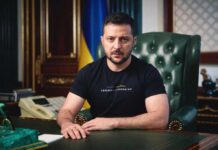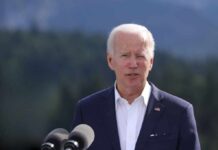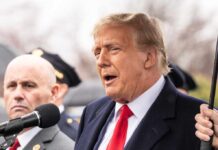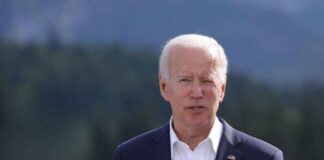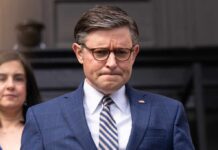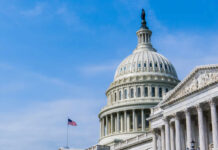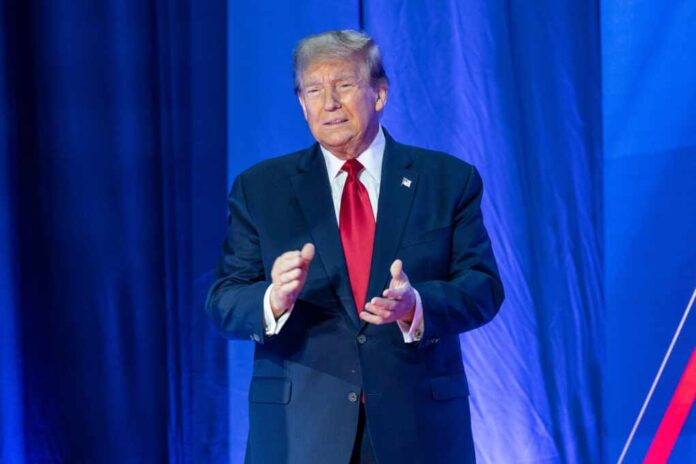
Jury selection for the 12 primary jurors in President Donald Trump’s “hush money” trial concluded in Manhattan on Thursday. District Attorney Alvin Bragg’s highly dubious legal theory concerns whether Trump illegally obscured campaign finances during the 2016 presidential race. As soon as six alternates are seated, the trial will be poised to begin its substantive phases against a backdrop of intense public scrutiny and a highly charged political atmosphere.
The primary jurors are from diverse backgrounds, including finance, education, and healthcare. Among those chosen are an investment banker from Hell’s Kitchen, a security engineer from West Village, a retired consultant from the Upper East Side and two attorneys.
One juror, an unmarried, childless female product development manager for a large apparel company, said she doesn’t like Trump’s “persona, how he presents himself in public.” She also told the court, “I don’t really agree with some of his politics, but that does not mean I can’t be impartial. He just seems very selfish and self-serving.”
I can hardly believe this lunacy. A Trump supporter—probably the solitary Trump supporter—has a chance to serve on the jury but stands up and volunteers she is not impartial. She is promptly dismissed. The GOP is truly the STUPID PARTY pic.twitter.com/35vh7XjyL9
— Dinesh D'Souza (@DineshDSouza) April 18, 2024
The selection process has been challenging. Two jurors seated early in the process were dismissed during the week. Meanwhile, Trump has been vocal about his displeasure with a gag order restricting his public commentary on the proceedings, which violates his speech rights protected by the First Amendment.
“The gag order has to come off. People are allowed to speak about me, and I have a gag order,” Trump said one morning before the court went into session.
As the trial moves forward, the focus will turn to the allegations that Trump manipulated business records to conceal a $130,000 payment to Stormy Daniels through his then-lawyer, Michael Cohen. As the payment came during the run-up to the 2016 election, Democrats argue it somehow amounted to a violation of campaign finance laws. Even though such a charge can only be brought under federal law, Bragg decided to bring it in New York state court after no federal prosecutor would touch it. Now, Trump is accused of 34 felonies in a case utterly unprecedented in the law.
As the trial unfolds, its ramifications extend beyond the courtroom. The proceedings are set against the broader narrative of a nation deeply divided over Trump’s legacy and the judiciary’s role in obviously politically motivated prosecutions of election opponents.




